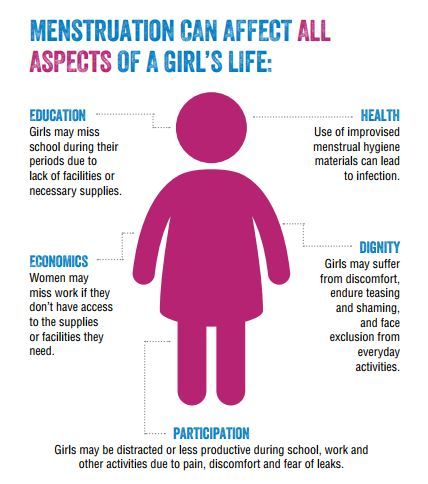Contraception: What Every Woman Should Know
Contraception, also known as birth control, plays a crucial role in a woman’s reproductive health. With the wide variety of contraceptive methods available today, it is important for every woman to be well-informed. This article aims to provide an overview of contraception and equip women with the necessary knowledge to make informed decisions.
Understanding Contraception
Contraception refers to the deliberate use of methods, devices, or medications to prevent pregnancy. It allows women to have control over their reproductive choices and effectively plan their lives, ensuring their physical and emotional well-being.
Types of Contraceptive Methods
There are several types of contraceptive methods available, each offering different levels of effectiveness, convenience, and potential side effects. Here are some commonly used methods:
1. Barrier Methods
Barrier methods, such as condoms and diaphragms, work by physically preventing sperm from reaching the egg. They are typically inexpensive, easily accessible, and provide protection against sexually transmitted infections along with preventing pregnancy.
2. Hormonal Methods
Hormonal methods, including birth control pills, patches, and injections, work by altering a woman’s hormone levels to suppress ovulation and thicken cervical mucus, thus preventing fertilization. These methods are highly effective but require consistency in usage.
3. Intrauterine Devices (IUDs)
IUDs are small, T-shaped devices inserted into the uterus to prevent pregnancy. They can be either hormonal, releasing progestin slowly over time, or non-hormonal, utilizing copper to create an inhospitable environment for sperm and eggs.
4. Sterilization
Sterilization is a permanent method of contraception that involves the surgical sealing, cutting, or blocking of the fallopian tubes in women or the vas deferens in men. It is considered a highly effective form of contraception but should be approached with careful consideration due to its irreversible nature.
5. Emergency Contraception
Emergency contraception, also known as the morning-after pill, is used in emergencies, such as contraceptive failure or unprotected intercourse. It is important to note that emergency contraception is most effective when taken within 72 hours of intercourse.
6. Fertility Awareness Methods
Fertility awareness methods involve tracking menstrual cycles, basal body temperature, and cervical mucus to determine fertile and non-fertile days. While this method can be effective, it requires diligent monitoring and may not be suitable for everyone.
Choosing the Right Method
Choosing the appropriate contraceptive method depends on various factors, such as individual preferences, lifestyle, health conditions, and the level of effectiveness desired. It is recommended to consult with a healthcare professional who can provide personalized advice and guidance.
Risks and Side Effects
Like any medical intervention, contraceptive methods carry risks and potential side effects. These can vary depending on the chosen method, individual health conditions, and other factors. It is important to be aware of these risks and consult a healthcare provider for any concerns.
Conclusion
Contraception is an essential aspect of women’s healthcare, enabling them to exercise control over their reproductive choices and plan their lives accordingly. By understanding the different methods available and considering individual preferences, every woman can make informed decisions about contraception. Remember to consult healthcare professionals for personalized advice to ensure the best choice for your reproductive health.


